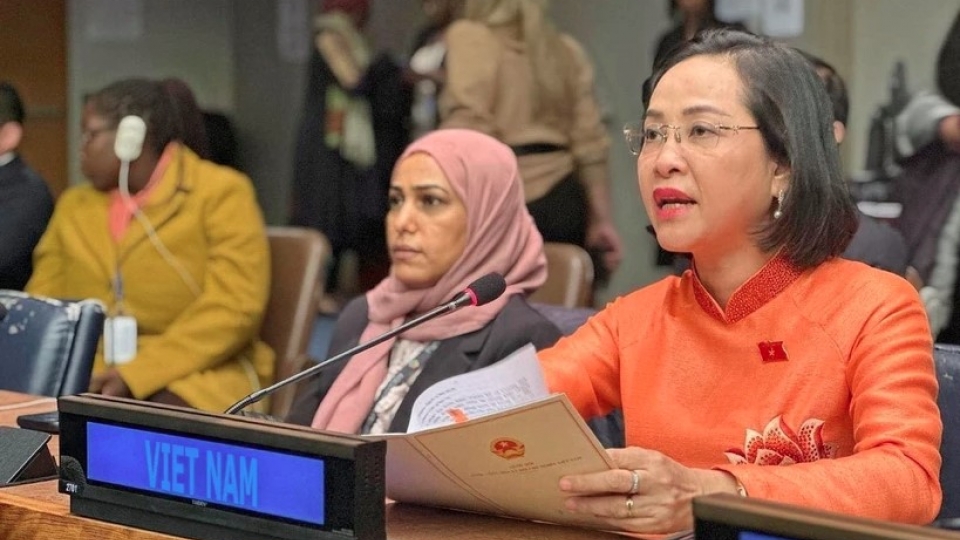Health ministry proposes heavier fines to curb gender-selective practices
The Ministry of Health has proposed raising the maximum fine from VND30 million to VND100 million (approximately US$4,000) for organisations and individuals who assist in gender-selective practices during pregnancy.

The proposal, part of the draft Law on Administrative Sanctions in the Field of Population, aims to tighten enforcement and deter violations.
“This increase is necessary to ensure individuals and organisations think twice before engaging in such illegal acts,” the ministry stated.
Selecting the sex of a baby through medical intervention remains a key driver of Vietnam’s gender imbalance at birth, the ministry noted.
Currently, Vietnamese law strictly prohibits sex selection in all forms and prescribes administrative penalties for violations. However, the existing fine of VND30 million is deemed "insufficient as a deterrent”, according to the policy impact assessment included in the draft Population Law now under public consultation.
Data from the Ministry of Health show that Vietnam's sex ratio at birth was already above the natural range (103–107 boys per 100 girls) in 2006, standing at 109.8 boys per 100 girls. The imbalance increased to 112.8 in 2015 and remained high at 111.4 in 2024.
“If no strong intervention is implemented, Vietnam could see a surplus of 1.5 million men aged 15–49 by 2039, rising to 2.5 million by 2059,” according to forecasts by the General Statistics Office.
Such demographic imbalance could disrupt family structures and lead to rising numbers of men marrying later or being unable to marry at all.
A review of the implementation of the ministry’s Population Ordinance, based on reports from several localities, found that: “some health workers still covertly disclose fetal sex”.
In practice, many doctors, particularly in private clinics, reveal the baby’s sex through indirect means such as coded language or slang, for instance using phrases like, 'takes after the father, 'like the mother' or 'same as the first child'.
To address the imbalance, the ministry's draft law not only upholds the ban on gender-selective practices but also suggests that the Government periodically announce a classification of provinces and cities by level of gender imbalance at birth: very high, high, or within natural range. This would help focus policy interventions where they are most needed.




